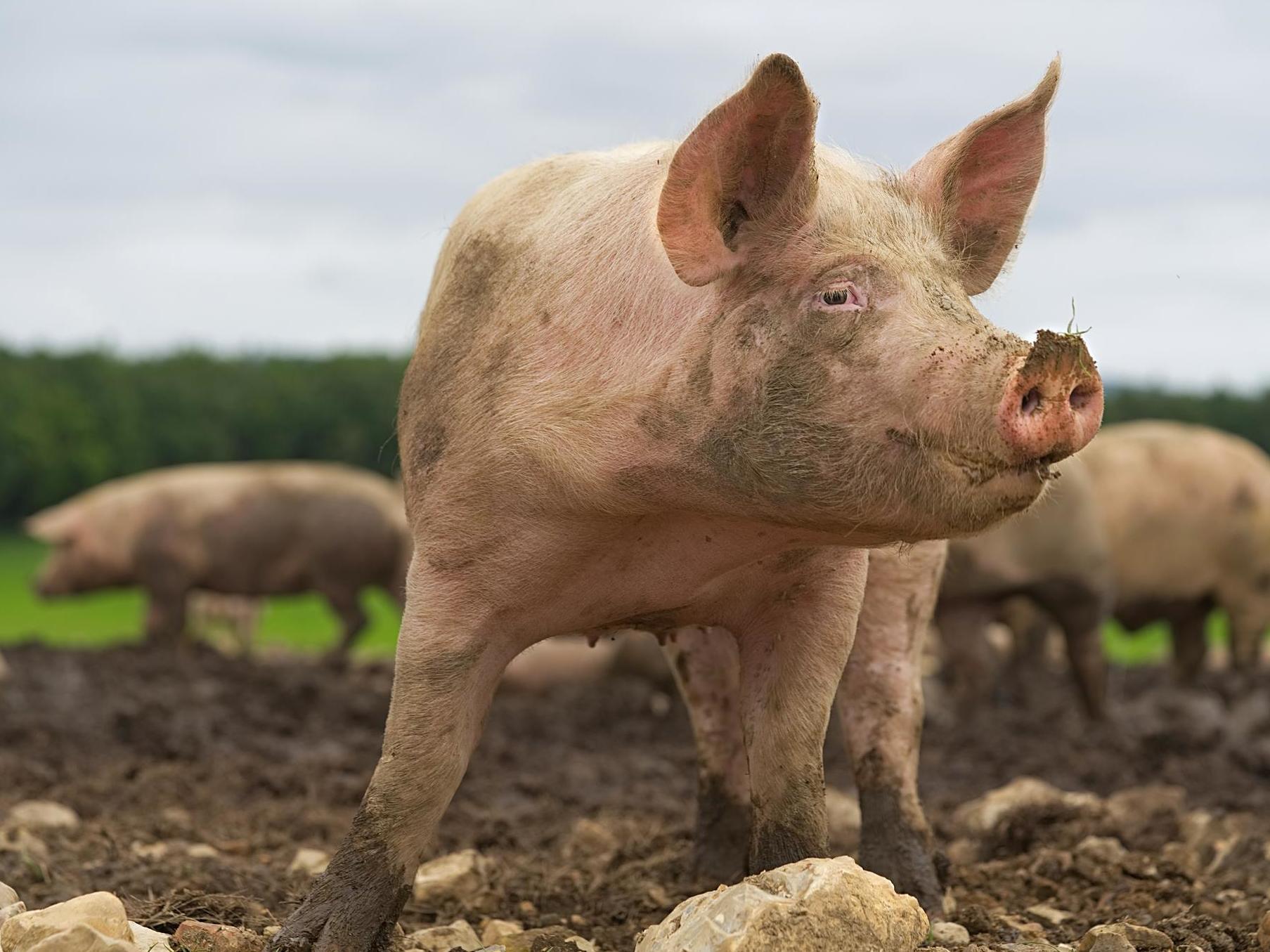Pig to human heart transplants possible within three years, leading expert says
Researchers say successful pig kidney transplants will pave way for new treatment

Your support helps us to tell the story
From reproductive rights to climate change to Big Tech, The Independent is on the ground when the story is developing. Whether it's investigating the financials of Elon Musk's pro-Trump PAC or producing our latest documentary, 'The A Word', which shines a light on the American women fighting for reproductive rights, we know how important it is to parse out the facts from the messaging.
At such a critical moment in US history, we need reporters on the ground. Your donation allows us to keep sending journalists to speak to both sides of the story.
The Independent is trusted by Americans across the entire political spectrum. And unlike many other quality news outlets, we choose not to lock Americans out of our reporting and analysis with paywalls. We believe quality journalism should be available to everyone, paid for by those who can afford it.
Your support makes all the difference.Adapted pig hearts could be transplanted into patients within three years, according to a report citing the surgeon who pioneered heart transplantation in the UK.
Sir Terence English, speaking on the 40th anniversary of the first successful heart transplant, told The Sunday Telegraph that his protégé from that operation will try to replace a human kidney with a pig's later this year.
The 87-year-old said: "If the result of xenotransplantation is satisfactory with porcine kidneys to humans then it is likely that hearts would be used with good effects in humans within a few years.
"If it works with a kidney, it will work with a heart."
He added: "That will transform the issue."
Pigs' heart anatomy and physiology is similar to that of humans so they are used as models for developing new treatments.
Hopes for a "holy grail" heart attack treatment were raised in May after a genetic therapy showed promise in pigs.
An international team of researchers, including UK scientists, found that delivering a small piece of genetic material called microRNA-199 into a heart damaged by an attack caused the cells to regenerate.
Myocardial infarction, which is caused by the sudden blocking of one of the cardiac coronary arteries, is the main cause of heart failure.
When a patient survives a heart attack, they are left with permanent structural damage to their heart.
An estimated 900,000 people are currently living with heart failure in the UK, while millions more have high blood pressure and both can cause heart attacks.
"A treatment that helps the heart repair itself after a heart attack is the holy grail for cardiologists," the British Heart Foundation's chairman of cardiology, Ajay Shah, told the i newspaper.
"This study convincingly demonstrates for the first time that this might actually be feasible and not just a pipe dream," he added.
Published in the journal Nature, the research saw scientists deliver microRNA-199 into pigs after a myocardial infarction.
After a month there had been "almost complete recovery" of cardiac function.
However, the scientists have to overcome some considerable obstacles before the genetic therapy can be tested on human heart attack patients.
Most of the treated pigs died following the treatment because the microRNA-199 continued to be expressed in an uncontrolled manner.
Press Association
Join our commenting forum
Join thought-provoking conversations, follow other Independent readers and see their replies
Comments